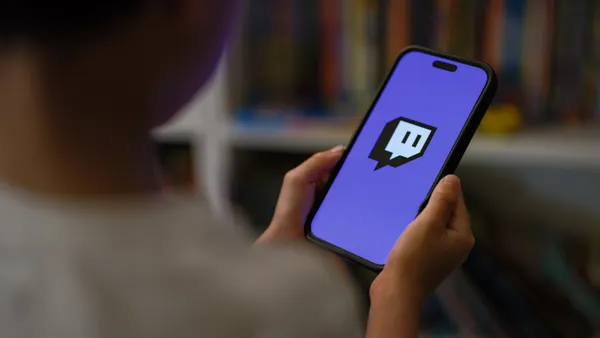Dive Brief:
- Warner Bros. has settled charges stemming from an Federal Trade Commission (FTC) investigation into whether the company deceived consumers by paying for social and native advertising campaigns to promote a new video game, according to an FTC press release.
- Warner Bros. was charged with failing to properly disclose to consumers that it had paid upwards of tens of thousands of dollars for positive gameplay videos on Youtube and social media for Middle Earth: Shadow of Mordor, with Youtube stars like PewDiePie and others being paid to tout the game.
- Warner wasn’t fined by the FTC, but it did hit the company with a 20-year set of conditions including an internal compliance system, a process to inform consumers of sponsored advertising content, and a requirement to cut off any influencers who don’t comply.
Dive Insight:
The charges against Warners Brothers are part of the FTC's recent efforts to address disclosures in sponsored content. In 2015, the agency updated its FAQ for endorsement requirements for the first time since 2010, a signal to social media marketers that it would be cracking down on deceptively-marked sponsored posts, according to Marketing Land.
“Consumers have the right to know if reviewers are providing their own opinions or paid sales pitches,” said Jessica Rich, Director of the FTC’s Bureau of Consumer Protection, in a statement. “Companies like Warner Brothers need to be straight with consumers in their online ad campaigns."
FTC actions against misleading social media posts have been relatively rare to date, but are growing in number. In March, the FTC settled with Lord & Taylor over a native ad and sponsored social campaign that included online publication Nylon and Instagram influencers. During the same week, it also settled with YouTube gaming network Machinima, prohibiting it from misrepresenting that paid endorsers in influencer campaigns are independent reviewers.
The FTC's most recent guidelines on disclosures were released at the end of December, and were specifically targeted at publishers of native ads. That document ended with a statement that implied the agency was willing to add more teeth to the guidelines if all parties involved in sponsored content couldn’t adequately self-regulate.
Until recently, online advertising, including the increasingly popular native ad and sponsored content formats, hasn't faced serious repercussions from the FTC. But the FTC has clearly shown that it means business and that state of affairs could change if marketers and influencers aren’t willing to comply with its guidelines.












